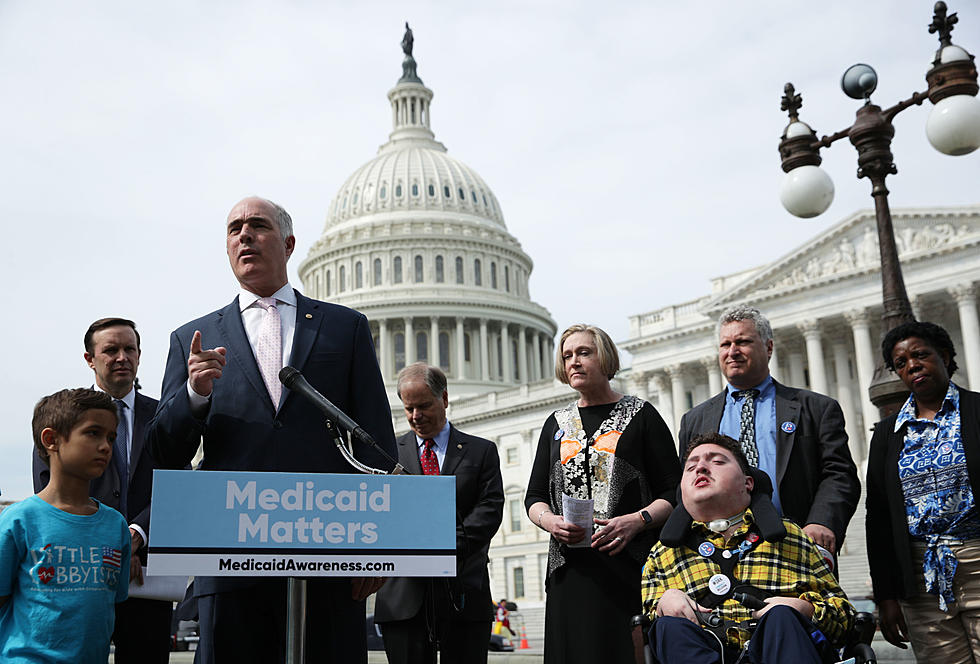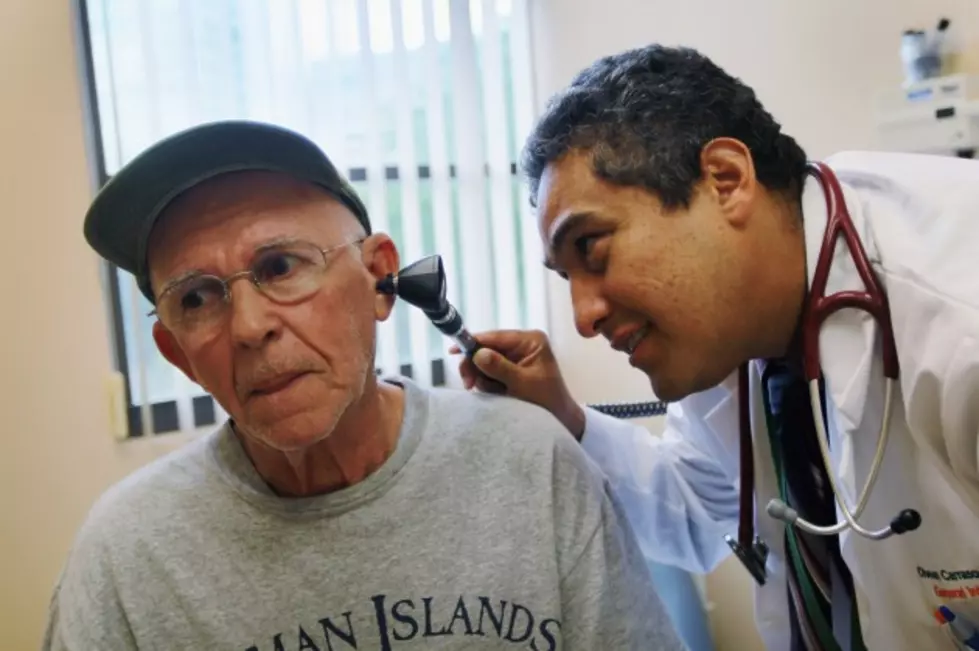
Report Shows Montana Saved Money From Medicaid Expansion While Wyoming Spent More
According to a report by the Center on Budget and Policy Priorities, expanding Medicaid in Wyoming would increase coverage and save the state money.

The report, published in September, examined the impact of Medicaid expansion in Montana and showed that it saved money and reduced the number of uninsured people.
Bruce Palmer, who is part of the Healthy Wyoming coalition, said in a release by the coalition:
"This report dispels the ongoing myth that Medicaid expansion harms state governments," Palmer said. "Montana has dramatically increased coverage while providing the state with fiscal savings."
According to the report, uncompensated care in Montana dropped from $143 million in 2015, prior to expansion, to $89 million in 2019, while in Wyoming, uncompensated care costs increased from $96 million to $106 million over the same period.
Since implementing its expansion on Jan. 1, 2016, the uninsured rate in Montana went from 16% to 12% in 2019, while Wyoming's uninsured rate went from 14% to 17% over that same period, according to the report.
Medicaid expansion failed in the last session the Wyoming legislature held in February because it was ruled to not be an ordinary expense of the legislature.
While the bill didn't make it in the 2022 session, it did pass the House in 2021, so proponents of expansion hope to try again during the 2023 session.
Every state bordering Wyoming has adopted Medicaid expansion, with South Dakota planning to implement it by July 2023 after recently approving it as a ballot initiative by 56.2%.
Other states that haven't adopted Medicaid expansion include Alabama, Florida, Georgia, Kansas, Mississippi, North Carolina, South Carolina, Tennessee, Texas, and Wisconsin.
According to a poll conducted by New Bridge Strategies last October, 66% of Wyomingites, and 58% of Republicans in Wyoming support Medicaid expansion.
On Nov. 22, the Revenue Committee in the Wyoming legislature plans to discuss Medicaid expansion.
Bruce Palmer, director of Healthy Wyoming, said the expansion has its benefits in Montana, and because of money from the American Rescue Plan, it's even better for Wyoming to fund expansion.
"The Wyoming Department of Health has also done some of these same kinds of projections over the years," Palmer said. "It shows that in many ways, the expansion pretty much pays for itself. In the case right now, because of the bump from the ARPA dollars, it would really pay for itself right now. But long term, and I think that's what the legislature needs to be looking at, is long term how does it pencil out and it pencil's out pretty well, and Montana has proven that."
Palmer said an argument against expansion is fear over if the federal government stops funding it, but over time that has been proven false.
"That's what you hear a lot is 'well, we don't know if it'll be funding and we're gonna end up with this big expense further down the road.' That's one of the arguments against," Palmer said. "But I think the argument against that is well, we've been talking about that for 10 years and it's still funded, it's still funded at 90% fed money and 10% state money, and that's ongoing. It's the law. It's not going away. It's here. There was the chance during the Trump administration to repeal and replace, and that did not happen. Going forward it seems to me that we should be involved in this program that would help many Wyoming residents access healthcare and strength the healthcare system in the state."
THE HISTORY & REBIRTH OF CHUGWATER WYOMING
GAME ON: Video Games That Take Place in Wyoming
More From K2 Radio









